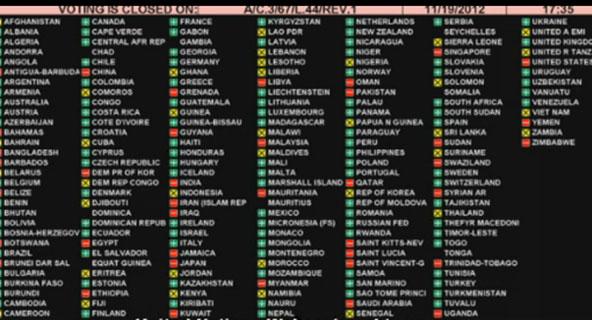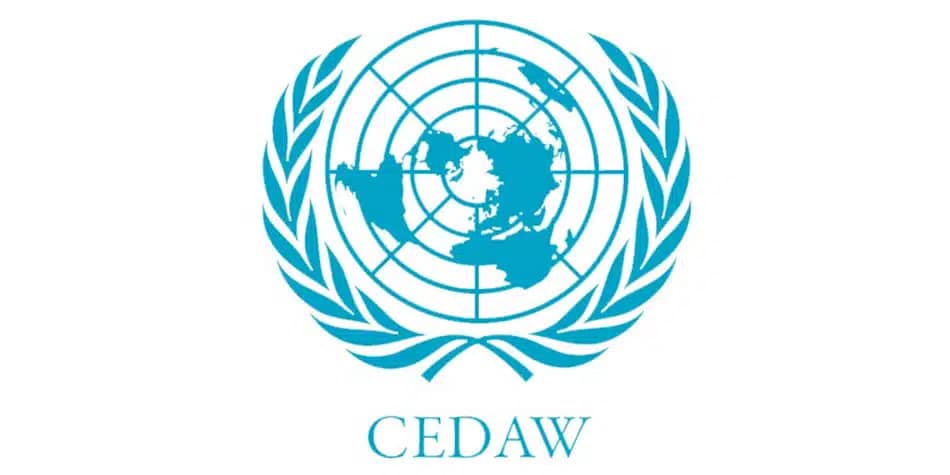
UN General Assembly Committee adopts draft moratorium resolution
International standards
On 19 November 2012, the UN General Assembly’s Third Committee, which addresses social, humanitarian and human rights issues, voted in support of its fourth resolution for a “Moratorium on the use of the death penalty”.
The resolution, sponsored by 91 member states, was approved with 110 votes in favor (+1 compared to the vote on the last resolution in 2010), 39 votes against (-2) and 36 abstentions (+1). Eight states were not present at the time of the vote.
The text includes a call “upon all States” to “establish a moratorium on executions with a view to abolishing the death penalty”.
Five amendments seeking to weaken the strength of the resolution preceded the debate and the vote. The majority of UN member states rejected all five amendments through a recorded vote.
According to the rules of procedure, member states can take the floor for a general statement on the resolution they are about to vote on, and after voting to explain their position.
The vote was preceded by statements by Croatia (for the resolution), India (against), Vietnam (against), Singapore (against) and Sudan (against). Once the results were announced the following states took the floor: Malaysia (against), Indonesia (abstention), Bangladesh (against), Suriname (abstention), Japan (against), Morocco (abstention), Cuba (abstention), Egypt (against) and Botswana (against).
Of particular interest for the World Coalition and its members was the statement delivered by the Moroccan representative. While defending his country’s position to abstain, he mentioned the efforts made in country to raise the debate on the issue of the death penalty and the Regional Congress recently organized in Rabat by ECPM, OMDH and the Moroccan Coalition.
More support from Africa and Asia
The voting chart shows that there were important steps forward especially in Africa where the Central African Republic and Niger voted in support of the resolution for the first time, as well as South Sudan, which took part in the vote for the first time after gaining independence in 2011.
Signs of change also came from Asia, the largest retentionist region in the world, with Afghanistan, Indonesia and Papua New Guinea passing from opposition to abstention. Unfortunately Sri Lanka and Maldives moved from a positive vote to abstention.
In the Arab World, Tunisia participated in the vote for the first time and supported the resolution. This important development in the region was balanced by the withdrawal of Oman and Mauritania’s support for the resolution. They switched from abstention to a negative vote.
This vote is a first step in the life of the resolution that now needs to be voted on by the General Assembly plenary towards the end of December. It will then become an official UN resolution.
The World Coalition, together with its members will continue its campaign to increase this already positive result.







